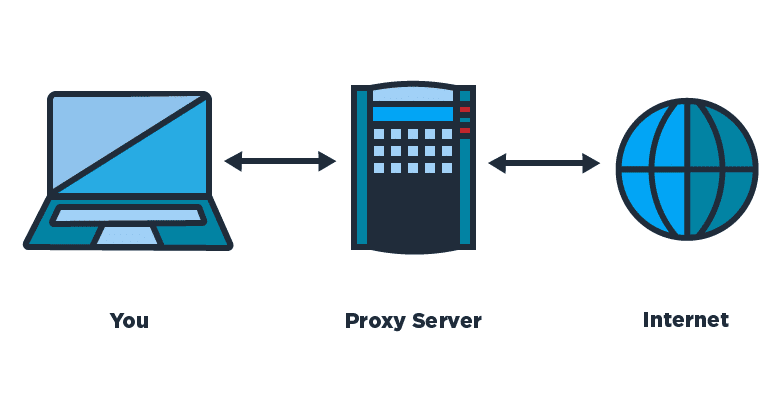How to Choose the Right Proxy Service Provider

In today’s interconnected digital landscape, the need for privacy and security online has never been more crucial. Whether you’re a casual internet user or a business looking to protect sensitive data, using a proxy service can significantly enhance your online security and anonymity. However, with a plethora of options available, choosing the right proxy service provider can be a daunting task. Here’s a comprehensive guide to help you navigate through the selection process effectively.
1. Identify Your Needs
Before diving into the sea of proxy service providers, start by identifying your specific requirements. Are you looking for enhanced privacy, access to geo-blocked content, or protection from cyber threats? Understanding your needs will narrow down your options and help you focus on providers that offer services aligned with your goals.
2. Types of Proxies
There are different types of proxies such as HTTP, HTTPS, SOCKS, and residential proxies. Each type serves different purposes and offers varying levels of anonymity and performance. For instance, if you need to access geo-restricted content, residential proxies might be more suitable than data center proxies like Proxyium.
3. Security Features
Security should be a top priority when choosing a proxy service provider. Look for providers that offer robust encryption protocols, such as HTTPS and SOCKS5, to ensure your data remains secure during transmission. Additionally, some providers offer features like IP rotation and malware protection, which further enhance your online security.
4. Performance and Reliability
Consider the performance and reliability of the proxy service. Reliable uptime and fast connection speeds are essential, especially if you’re using proxies for business purposes or activities that require continuous internet access. Reading user reviews and testing the service through trial periods can give you insights into the provider’s performance.
5. Cost and Pricing Plans
Compare pricing plans among different providers, keeping in mind the features and services included. While free proxies may seem tempting, they often come with limitations and security risks. Opt for reputable providers that offer transparent pricing and flexible plans to accommodate your budget and usage needs.
6. Customer Support
Good customer support is invaluable, especially when dealing with technical issues or configuration challenges. Choose a proxy service provider that offers responsive customer support through multiple channels, such as live chat, email, or phone, to ensure timely assistance whenever you need it.
7. Reputation and Reviews
Research the reputation of the proxy service provider within the online community. Read reviews from trusted sources and forums to gauge user experiences and identify any potential red flags. A provider with a solid reputation for reliability and customer satisfaction is likely to deliver a better overall experience.
8. Trial Periods and Refund Policies
Lastly, take advantage of trial periods and refund policies offered by proxy service providers. This allows you to test the service firsthand and determine if it meets your expectations before making a long-term commitment. Avoid providers that do not offer transparent refund policies or impose hidden charges.
Conclusion
Choosing the right proxy service provider, such as Proxyium, involves careful consideration of your specific needs, security requirements, performance expectations, and budget constraints. By following these guidelines and conducting thorough research, you can make an informed decision that enhances your online privacy and security effectively. Remember, the right proxy service provider should not only meet your immediate needs but also adapt to your evolving requirements in the digital age.




